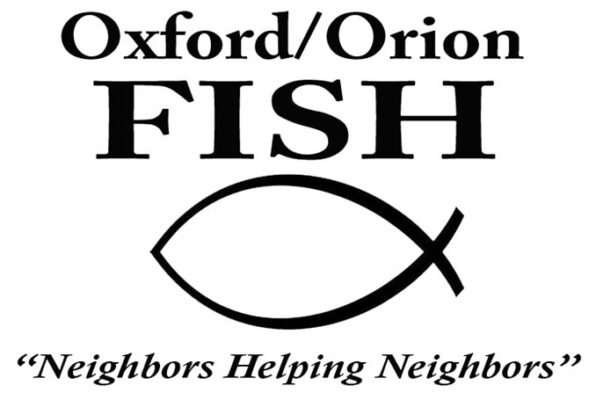
Press Release
FOR IMMEDIATE RELEASE: Jan. 11, 2022
CONTACT: Bob Wheaton, 517-241-2112, wheatonb@michigan.gov
MDHHS awarded federal grant to address mental health needs
of southeast Michigan flood survivors
LANSING, Mich. – Heavy flooding last July in the metro Detroit area not only damaged homes, businesses and infrastructure, it also took an emotional toll on residents, many of whom were already struggling with pandemic-related challenges.
Now, federal grant funding awarded to the Michigan Department of Health and Human Services (MDHHS) and its Detroit-area partners will help provide support to Wayne, Oakland and Macomb County residents who were emotionally affected by the flood disaster.
The $3.7 million Crisis Counseling Assistance and Training Program grant from the Federal Emergency Management Agency (FEMA), in partnership with the Substance Abuse and Mental Health Services Administration (SAMHSA), will be used to create the Tri-County Strong program. Local mental health provider groups coordinating with behavioral health personnel from the state, Detroit Wayne Integrated Health Network, Oakland Community Health Network and Macomb County Community Mental Health will seek out flood survivors and offer crisis counseling services and supports.
“After a flood disaster, government assistance to rebuild your home or business is often not enough. Survivors also need emotional support to rebuild their lives and keep moving forward,” said Elizabeth Hertel, MDHHS director. “MDHHS prioritizes meeting the behavioral health needs of Michiganders. We are grateful to FEMA and SAMHSA for recognizing this need in our largest metropolitan area.”
Allen Jansen, senior deputy director of the MDHHS Behavioral Health and Developmental Disabilities Administration, said Tri-County Strong will reach out to flood-impacted neighborhoods and intervene to build community resilience. “The intent is to help community members cope with normal reactions to this disaster, and prevent or minimize any post-disaster needs for more intense clinical behavioral health services,” Jansen said.
Grant funding will run through early October 2022.
“This past year our region has struggled with natural disaster and the psychosocial toll and devastation that was left behind, in addition to the pandemic, which has contributed to stress and fears,” said Eric Doeh, president and CEO of the Detroit Wayne Integrated Health Network. “In spite of it all, we are dedicated to improving the lives of flood survivors and we’re proud to be part of these efforts.”
While local community mental health agencies will be reaching out, people affected by the flooding who want immediate behavioral health assistance should contact their county agency:
- Detroit Wayne Integrated Health Network: dwihn.org, 313-344-9099 for the main number, or 800-241-4949 for the 24-hour help line
- Oakland Community Health Network: oaklandchn.org, 800-341-2003 for customer services or 800-231-1127 for the Crisis and Resource Helpline.
- Macomb County Community Mental Health: mccmh.net, 855-996-2264 for the main number or 586-307-9100 for the 24-hour crisis line.
|


 Applications are now being accepted for the Porcupine Mountains Artist-in-Residence Program for 2022 spring, summer and fall and winter 2022-2023 residencies.
Applications are now being accepted for the Porcupine Mountains Artist-in-Residence Program for 2022 spring, summer and fall and winter 2022-2023 residencies.





